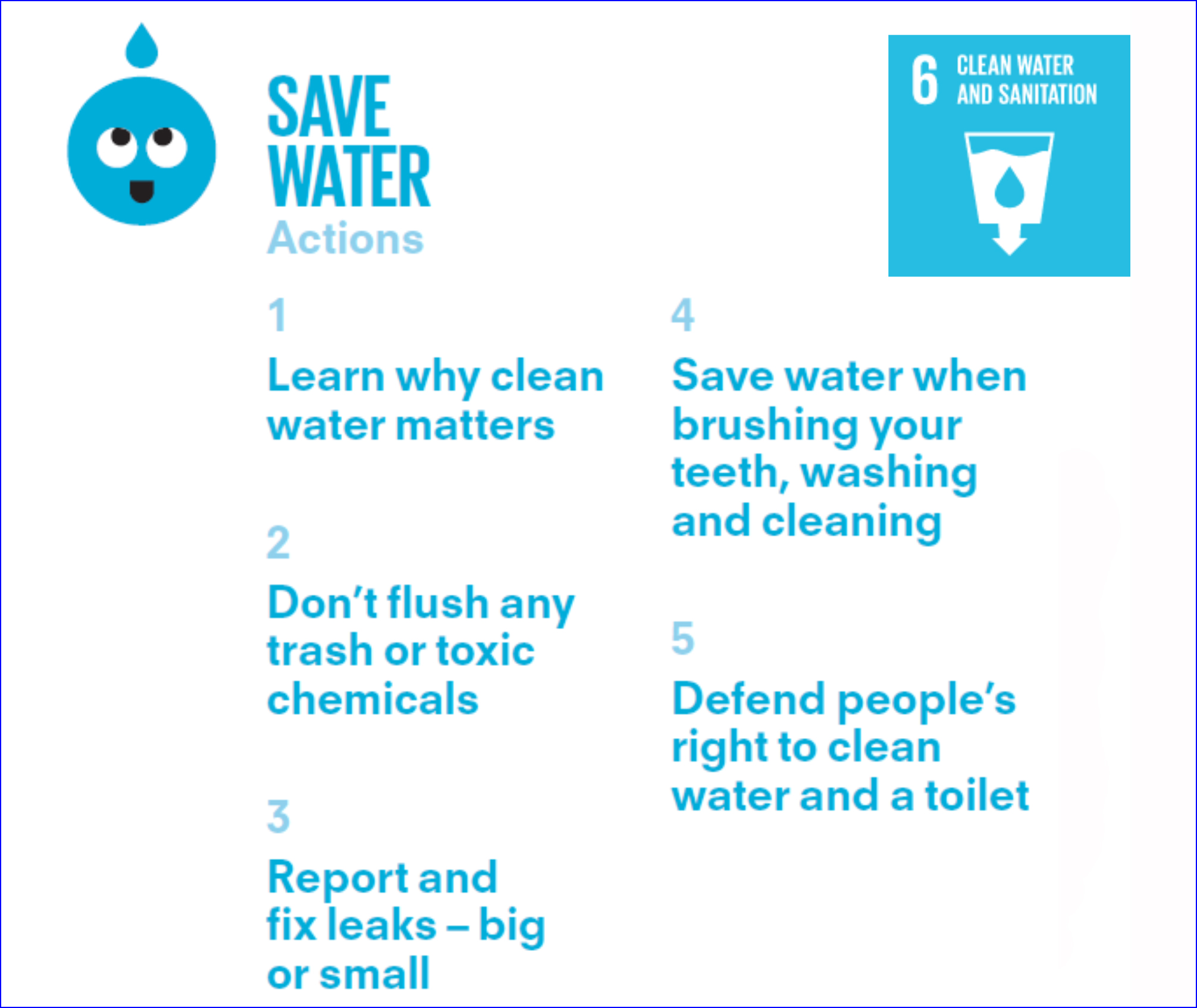NEAID (Northeast Centre for Equity on Integrated Development)
NEAID

WASH
Water is the foundation of all life on Earth, but unfortunately, by 2025, the United Nations predicts that two-thirds of the world’s population will face water scarcity. As a result, it is imperative that we take action to save water and protect our environment. One way we can do this is by recognizing the negative impact of bottled water, which is often transported long distances, contributing to increased greenhouse gas emissions, and requiring three liters of water to produce just one liter of bottled water.
Children are key agents of change, and we must take measures to protect their health and well-being, including ensuring access to clean air, water, and food. Proper hand-washing is essential to prevent the spread of illnesses, with almost half of all food-borne illness outbreaks resulting from poor hygiene. By promoting good hygiene practices such as proper hand-washing, we can significantly reduce the incidence of diarrhea and respiratory infections.
A Save Water Action program can help address water issues by advocating for water conservation and preservation, promoting access to clean water and sanitation, and celebrating our natural resources. The program is implemented at both the school and community levels to encourage collective action and raise awareness about the importance of protecting our environment and water resources. By taking steps to save water and preserve our environment, we can ensure a sustainable future for ourselves and future generations.
Focus Areas
- Building the community and panchayat’s capacity to demand, maintain and manage water supply systems in the village.
- Preparing students as change agents in the community through practicing small initiatives in the school to save water and the environment along with health and hygiene practices.
- Creating community ownership to work towards preserving water resources and the environment.
Through the Save Water Action program, schools and communities can become more environmentally conscious and take collective action towards a sustainable future. By encouraging participation and engagement at all levels, we can build momentum towards creating lasting change and ensuring that our precious water resources are protected for generations to come. By raising awareness and providing tools to address water-related issues, we can help create a culture of water conservation and promote sustainable development. The program can also be a useful way to connect water issues to other important global challenges, including human rights, health, climate change, and energy conservation.
The strategies adopted under the program include:
- Conducting Cluster and Village Level meetings with Women Groups, Panchayat Members, Village Heads
- Interpersonal Communication with each household to make them aware of their contribution to society and mother nature.
- Capacity building of mothers group on social audit, water testing, village resource mapping, etc.
- Supporting the Village Water Committee to hold meetings, draft committee bylaws, open accounts, etc.
- Conducting events and teaching modules in schools on Water and Environment Conservation, Health, and Hygiene Practices.
Reach
- Household – 85,820
- Village – 480
- Panchayat – 54
- District -5
- Meeting organised at Cluster Level – 9600
- No of WUC firmed – 225
- No of IPC completed – 25000